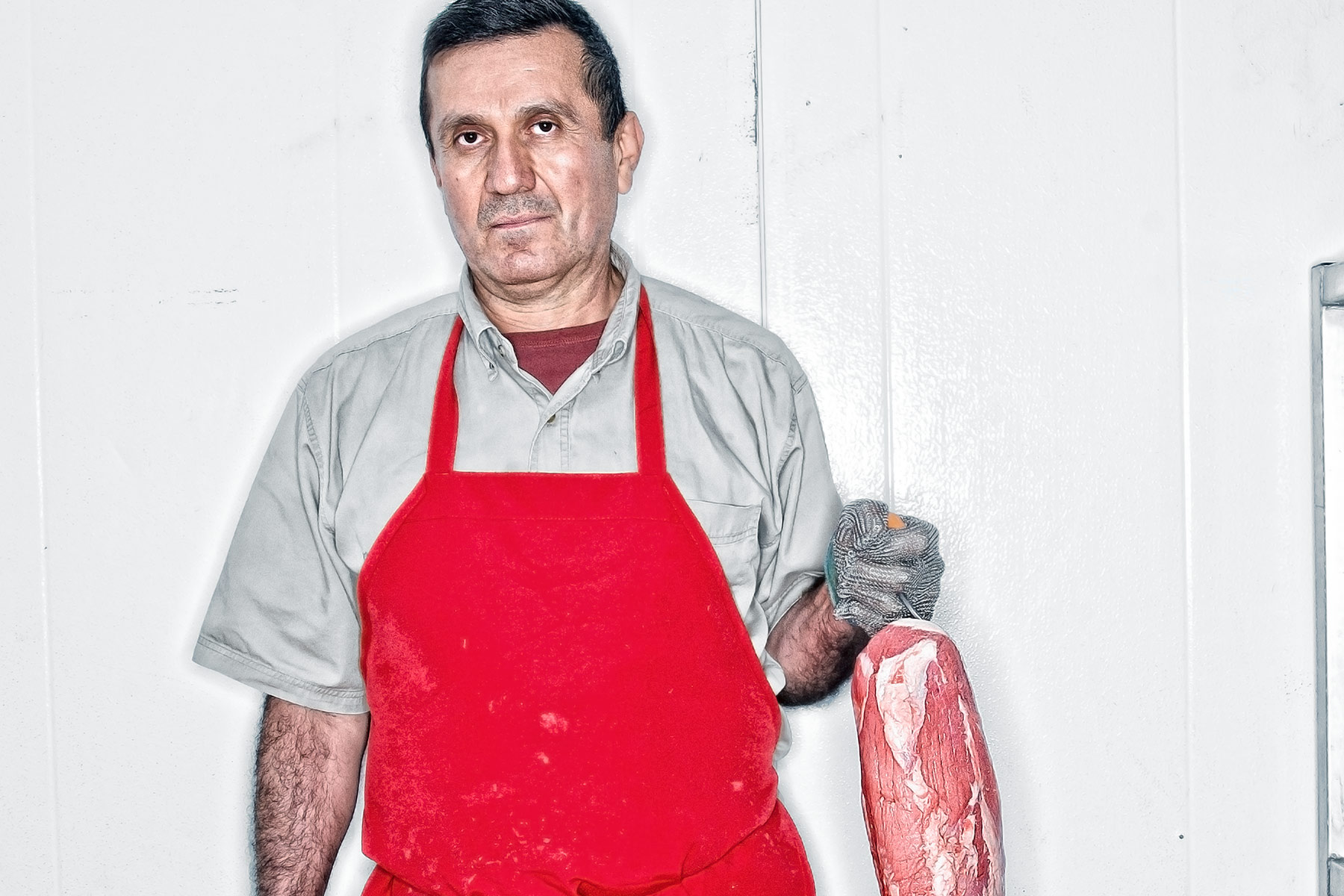Seven years ago, pedro amaya would wake up and put on a tie to go meet with VIPs at his work. His job—with an organization in San Miguel, El Salvador, developing sustainable agricultural methods—took him to all parts of Latin America. Today, Amaya gets up and spends the first few minutes of his morning practicing English. Then he puts on three layers of long-sleeved shirts and sweaters to go to work. His job, in the meat department at a Tom Thumb, takes him to Plano. “This kind of job is for survival,” he says in broken English, and then laughs. “I am working for survival.”
Amaya and his wife left El Salvador in 2007, first landing in Washington, D.C. “My decision, I don’t think only for me,” the 51-year-old says of his move. “It was together with my wife, because I have two kids. I think in this country, life for them will be better in the future.”
The Amayas found the community they were looking for in North Texas in 2008. Many Salvadorans fled their home country in the ’80s and early ’90s during the Salvadoran Civil War. A group created the American Salvadorean Association one night in 1991, over pupusas at Gloria’s in Oak Cliff. The association, which estimates there are 100,000 Salvadorans in North Texas, helps those who have immigrated—many of whom are poorly educated—find jobs and homes. They even worked with the Salvadoran and United States governments to establish a consulate here in 1995.
Since his arrival, Amaya has coordinated activities for the association and, through local churches, organized meetings to discuss jobs available for Salvadorans. His goal is to get a job for himself that uses the agricultural engineering degree he received from the University of El Salvador. He admits he struggles in North Texas with the language barrier. But when he’s asked if his children are happy, his eyes light up, and he breaks into a smile. “Yes, of course, very happy,” he says. “They feel very confident with this culture.”







